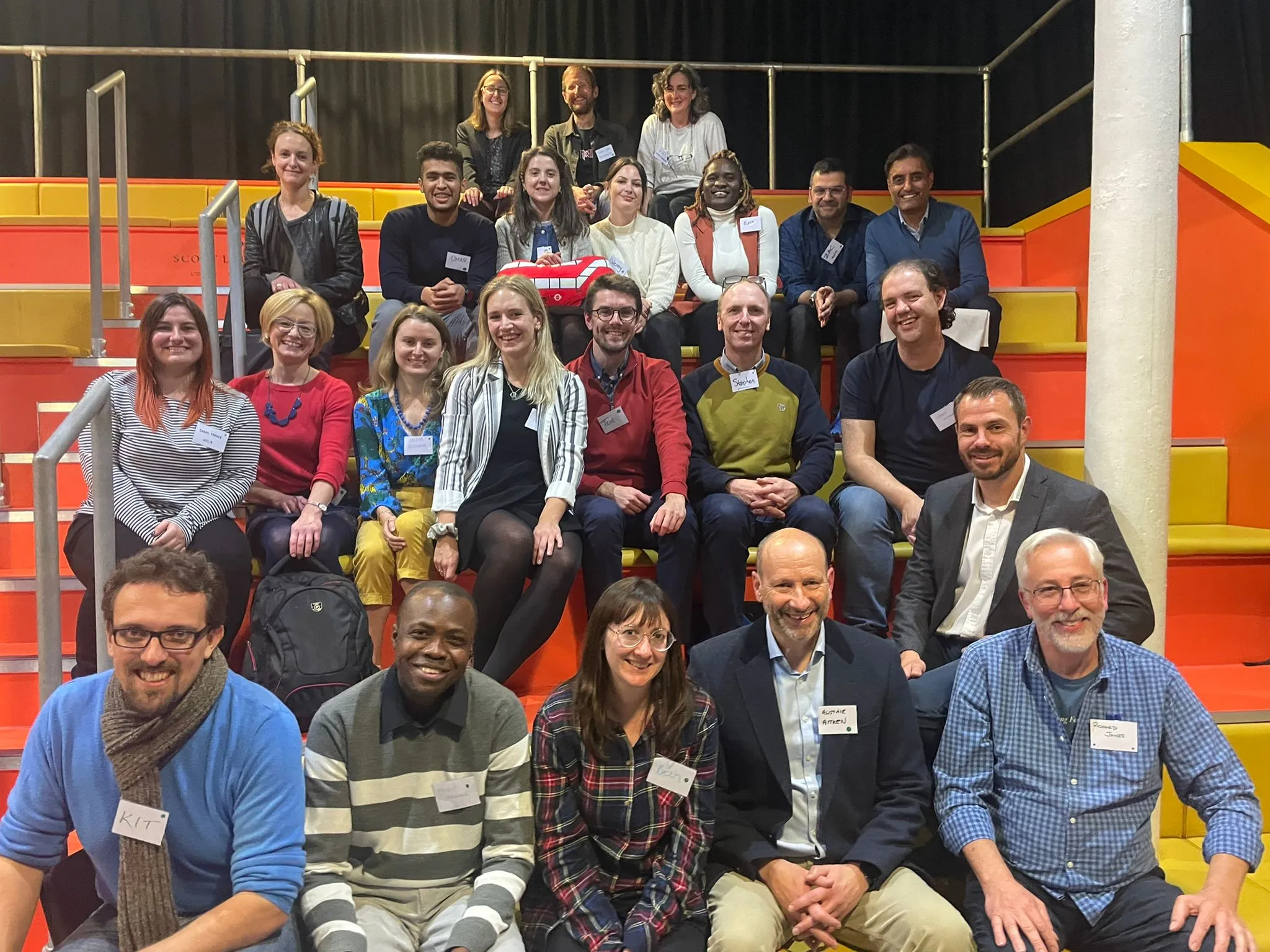The Pick&Mix project currently under development in Scotland aims to create one of the country’s first ever Mobility as a Service (MaaS) applications. The digital service, taking the form of an app or software, will be co-designed by young people, for young people. It aims to improve how they relate to, use and combine travel modes and transport services to meet their lifestyle needs without the requirement to own a car.
The Pick&Mix project will take advantage of all available transport options in the u
July 19, 2016
Read time: 2 mins
The Pick&Mix project currently under development in Scotland aims to create one of the country’s first ever Mobility as a Service (MaaS) applications. The digital service, taking the form of an app or software, will be co-designed by young people, for young people. It aims to improve how they relate to, use and combine travel modes and transport services to meet their lifestyle needs without the requirement to own a car.
The Pick&Mix project will take advantage of all available transport options in the user’s locality, including trams, buses and trains and car and bike share schemes, alongside concessions and discounts, to provide one single, optimised transport network. The project will look at offering young people personalised information, offers, rewards and tailored recommendations to enhance their travel options.
The platform will build an understanding of the individual user’s travel needs and use the data to provide advice on how to improve their transport mix.
Funded by Innovate UK, a consortium of transport and mobility experts is developing the service, led by ESP Group. Other members include JMP Systra Consultants, Young Scot, Mudlark, Route Monkey and the Scottish National Entitlement Card Programme Office.
The Pick&Mix project will take advantage of all available transport options in the user’s locality, including trams, buses and trains and car and bike share schemes, alongside concessions and discounts, to provide one single, optimised transport network. The project will look at offering young people personalised information, offers, rewards and tailored recommendations to enhance their travel options.
The platform will build an understanding of the individual user’s travel needs and use the data to provide advice on how to improve their transport mix.
Funded by Innovate UK, a consortium of transport and mobility experts is developing the service, led by ESP Group. Other members include JMP Systra Consultants, Young Scot, Mudlark, Route Monkey and the Scottish National Entitlement Card Programme Office.









